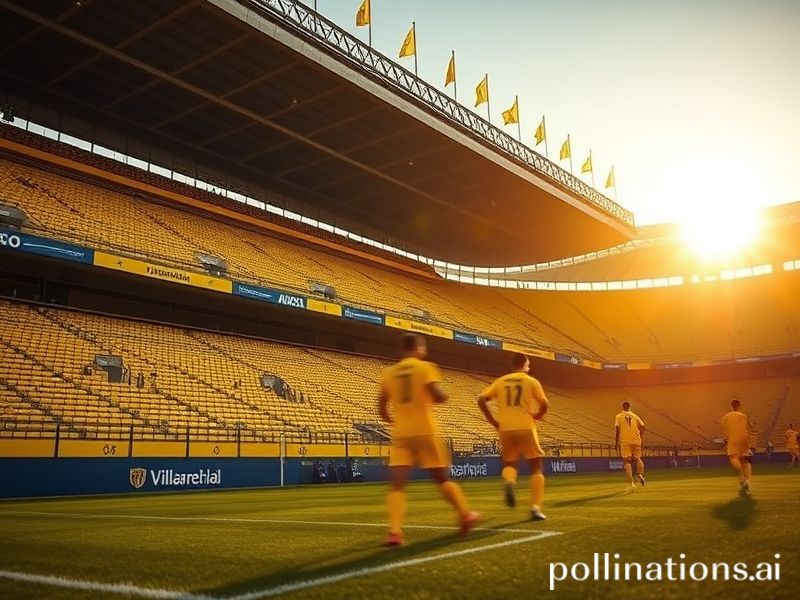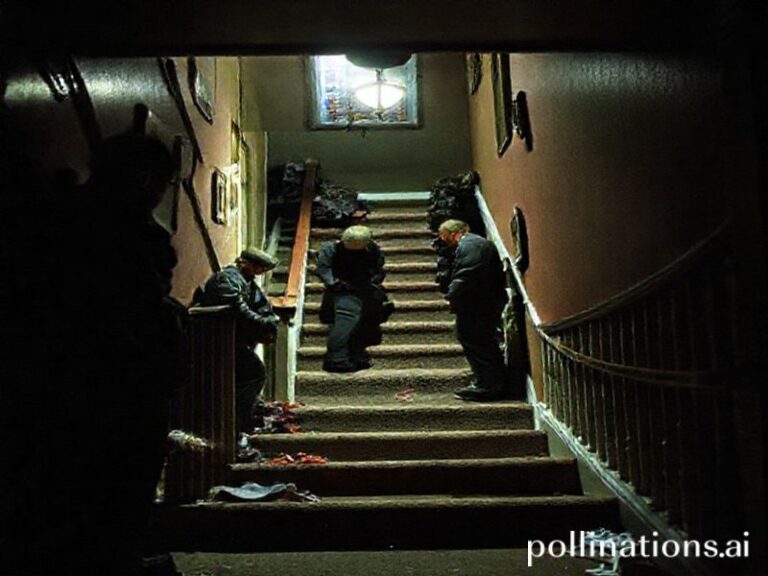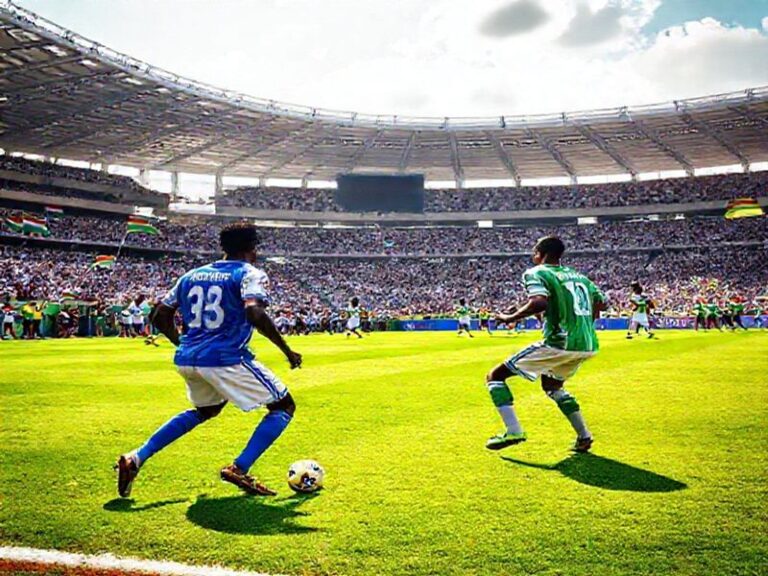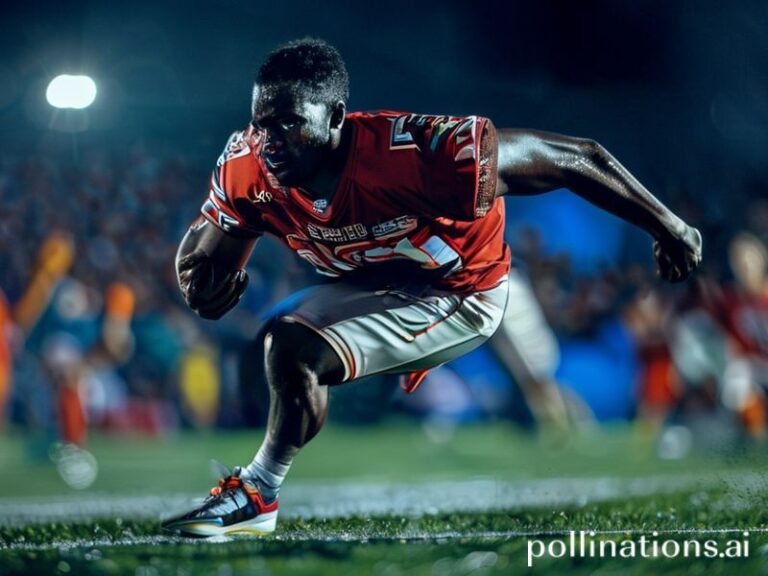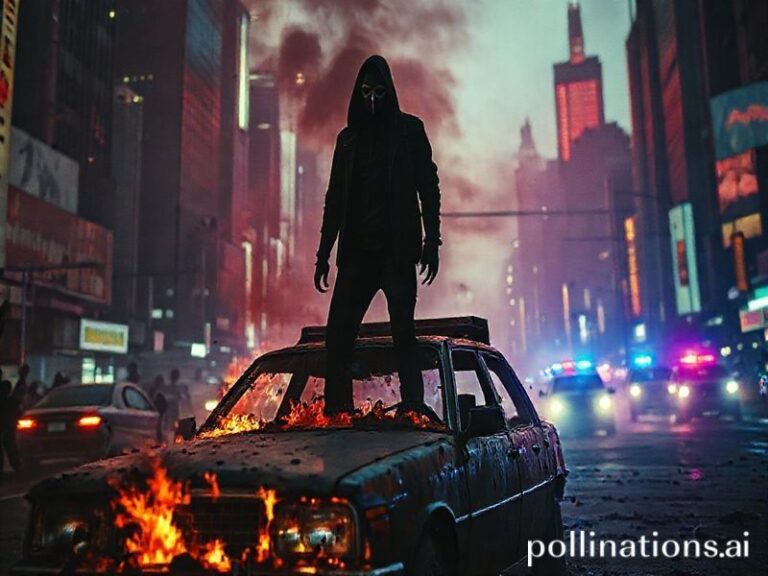Villarreal’s Global Rebellion: How a Spanish Town of 50,000 Keeps Humbling Football’s Oligarchs
**The Yellow Submarine That Won’t Sink: Villarreal’s Quiet Rebellion Against Football’s Natural Order**
Somewhere between Valencia’s orange groves and the Mediterranean’s indifferent tides lies Villarreal, a town of 50,000 souls and one football club that insists on behaving like a nation-state. While the world’s superclubs conduct their annual oligarch pageant—Qataris buying Paris, Saudis purchasing Newcastle like it’s a duty-free Camel—Villarreal CF continues its modest campaign against the laws of economic gravity. Call it the revenge of the paella-makers: a club from a place most people confuse with a pharmaceutical company keeps punching above its weight class, presumably while the universe isn’t looking.
This season’s Europa League campaign reads like a David vs. Goliath remake, except David’s slingshot is financed by a ceramic-tile empire and Goliath has oil money, state sponsorships, and a midfield that costs more than the IMF’s annual budget for Moldova. Villarreal’s squad market value wouldn’t cover Neymar’s therapy bills, yet there they were, dumping Juventus out like yesterday’s gazpacho and sending Bayern Munich home to question the meaning of possession football. The global implication? In an era when the rich plan Super Leagues to guarantee their own boredom, a yellow-clad village team keeps proving that spreadsheets can still be embarrassed by humans who refuse to read them.
Naturally, the international press treats each Villarreal upset as a charming anomaly, the sporting equivalent of finding a polite comment on Twitter. They file 800 words on “plucky underdog spirit,” compare the town’s population to the Camp Nou’s capacity, then fly back to cover another sheikh’s yacht christening. Meanwhile, Villarreal keeps producing players other clubs mined too early—Lo Celso, Pau Torres, Danjuma—polishing them like second-hand ceramics before flipping them for sums that could repave every street in the province. It’s capitalism’s rare win-win: the player gets a real education, the club gets a war chest, and the superclub gets a Brazilian who actually tracks back.
Geopolitically, the Yellow Submarine matters because it’s one of the last non-narratives left. Every other storyline has been strip-mined: Manchester City’s “project” is a sportswashing thesis; Chelsea’s “transition” is an oligarch’s estate sale; Barcelona’s “crisis” is a Shakespearean trilogy sponsored by Spotify. Villarreal offers no sweeping metaphor, no venture-capital parable—just a town whose main export is outrageously specific midfielders and whose stadium is literally named after a songwriter who never saw a game. Try fitting that into a TED Talk.
Yet the club’s persistence carries a whiff of existential defiance. Europe is busy erecting borders, digital and physical; Villarreal keeps crossing them with a squad that speaks more languages than the UN but still can’t order coffee in Castellón without subtitles. Their style—high press, higher IQ—feels like a subtweet to nations spending billions to discover that chemistry isn’t for sale. When the final whistle blows against Liverpool or Arsenal, you half expect the town to apply for EU protection as a cultural heritage site: “Here lies proof that organization plus talent still beats inflation plus sportswashing, 2023 edition.”
Of course, the universe will probably correct itself soon. UEFA’s new financial rules resemble a drunk bouncer: they sound tough until someone slips them a Rolex. Eventually, some sovereign-wealth fund will buy Villarreal, rebrand it “Villarreal Global,” and install a metaverse stadium where fans pay in NFT sangria. But until that grim day, the Yellow Submarine sails on, a tiny yellow middle finger to the entropy of modern sport. And somewhere in a bar between the orange groves, locals toast another European night, knowing full well that gravity always wins—just not tonight, and not here.

